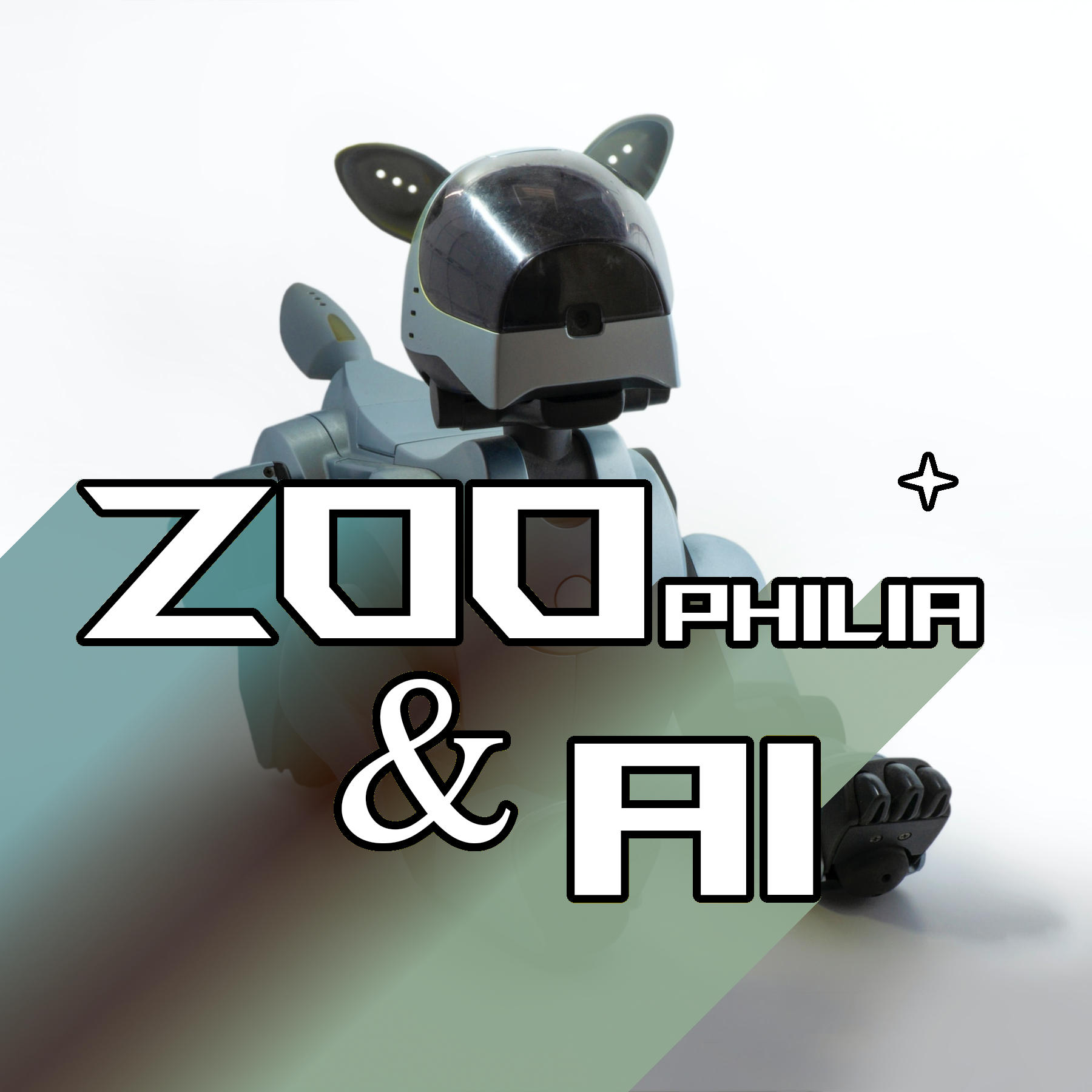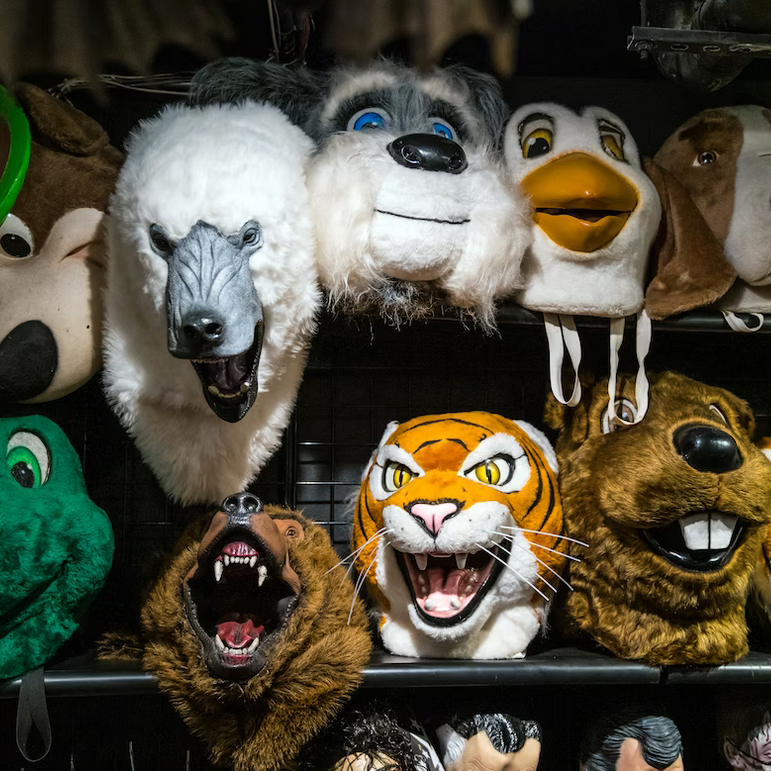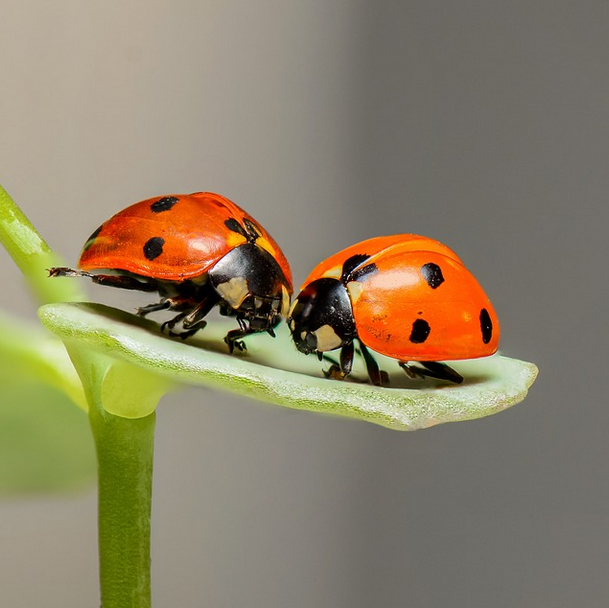Online Privacy for Zoos

Privacy is incredibly important for zoosexuals. Taking steps to maintain your privacy while engaging with zoo content is an unfortunate reality of the world we live in right now. And while we are working towards a world where that doesn’t have to be the case, currently it’s important to know how to keep yourself safe. It can be a hassle, it’s not as convenient, but the ramifications of having your identity leaked are potentially much much worse. It’s up to each individual to decide how much time and effort they want to put into their security, but here’s a handy guide so at the very least you know how to get started.
The most important thing is obvious, but it’s still worth mentioning. Don’t give away personal details over the internet. While it might not seem like a small thing here or there matters, you have to remember that if you’re talking on a public forum, those details will be visible forever, and can be used in combination with one another to paint a more specific picture. But, we’re also people and want to form connections with other people, so we can’t avoid talking in general. A few of the more important specifics to avoid are your real name, where you live, as well as your work, the last being especially true the more specialized of a field that you’re in. As well, if you have any niche hobbies, those can be used to identify you too. If you happen to be a top player in a sport, an avid fan of an underground product, or anything else that has a low population of people in the group, it might be best not to mention it. While it wont give you away entirely, it could be used to identify you based off of the limited number of people that are in the same category. Then combined with other small information you may have put out, it could potentially whittle down that group even more.
Also, be extremely careful if you’re posting pictures. If you’re posting brands or products, there are frequently things on packaging that will give away your country of residence, whether that’s a logo of some kind or even just the way that your nutritional information is formatted. It could even be that the product is something sold specifically in the area that you live. Before you post that photo, take the time to look over it closely and think about the information that it contains. Another thing to watch out for is outside photos. If the rise of Geoguesser has taught us anything, it’s possible to very quickly identify a region of the world from just some basic information. The local flora could be a giveaway, or the style of buildings. If there are signs in your picture advertising businesses, it’s very easy to google the locations of that business and just check them on maps to see if they match your location. And the smaller the business, the easier it is. Finally, we should mention metadata. Photo metadata is information captured by your phone or camera when a photo is taken, and can be much more revealing than you realize. Depending on your settings, that metadata includes when the photo was taken, where it was taken, and could even include your name if that’s set on your device. Many modern platforms will automatically remove metadata, but when you’re sharing photos peer to peer it’s something to keep in mind. There are lots of resources out there that will remove the metadata for you, or you can alternatively just take a screenshot of your photo and send that instead.
Another tip that’s already fairly commonly used is to have a second account specifically for zoo spaces. It can be tempting to come out as a Zoosexual on your main where you have more engagement, but unless you’re entirely sure you don’t have any personal information or pictures of yourself, I would highly recommend just creating a new identity. You should be creating separate accounts for everything you’re going to use in a zooey capacity. Twitter, Telegram, Discord, Youtube. Even down to the email that you use to sign up for those services. If you’d prefer, there are also email services that allow you to use aliases when you’re sending emails, creating another level of security. Once you have two accounts, make sure that you don’t use them to engage with each other. It looks very suspicious if the only non-zoo account you follow is a furry account with a hundred followers. Some platforms make it easy to switch between two different accounts, others not so much. Telegram has had this feature for a long time, and Discord recently made it possible as well. You can even just have two versions of the same app installed so you can run both at the same time. If you need to use a phone number to create an account for something, there are quite a few services you can use to get an anonymous VoiP (Voice over Internet Protocol) phone number. It works over the internet and isn’t tied to any carrier or specific phone line, but does most of the things a normal phone number does, and so works for verifying a number when you create accounts for websites. Just be aware that if you’re using a free service, the information that you send probably isn’t private. It should be safe to use to sign up for things, but be careful about texting or making calls.
For an extra level of security, consider using a different password on every website that you visit. Many browsers have auto passwords that you can generate per site that they’ll cache for you, but creating your own is always safer. While it’s technically best practice to do this for every website you make an account for, it’s especially important if you’re going to be using smaller sites that are more vulnerable to hacking. This is because if someone can discover the login information you use for one site, if you have the same username and password for everything, they now have access to all of the sites you have an account. And, if you happen to use the same password for your non-zoo accounts, if they have a guess of who you are on twitter or other social media this would allow them to access everything. It’s much easier to just use one password for everything, but if you’re the kind of person who does that, make extra sure that you’re not creating accounts anywhere where that password might be vulnerable. Be cautious of suspicious links as well. If you get a random DM with a link, or get links from sources you don’t trust, avoid clicking on them. There are websites that can automatically download malware onto your device, stealing your data, bricking your device, or causing any other number of problems. If you don’t trust the source of a link, there are websites that you can use to test links to make sure that they go to where they’re supposed to. I would recommend checking all the links that you get from people you don’t explicitly trust. It’s better to be careful than to have your data stolen and published. And remember, even if a link looks good, that doesn’t mean it’s safe for sure. Trust your gut. If something feels unsafe, it’s better to assume it’s unsafe.
Consider looking into a VPN. A VPN, or Virtual Private Network is a program or browser add-on that makes it so that people don’t know where you’re connecting from, as well as hides your IP address. It’s an extra level of privacy that can help to mask your information for if you do end up making a mistake and clicking or downloading something that you shouldn’t. It can also be very helpful at hiding your info from your Internet Service Provider. If you’re in a country with strict content laws, it’s an extra asset for you. There are a number of VPNs out there, some free and some with a bit of a price tag. If you’re looking to get one, do your research and find out which ones fit your needs.
Finally, be careful who you become friends with. This tip is probably the most complicated, as well as the most subjective. We all want to make friends, especially if we don’t have many other zoo friends to talk to. But, when you’re going to take your chat to private messages, be very careful that the person you’re talking to is someone you trust. When you’re just having a private conversation, it’s much harder to keep following the privacy rules. And, generally, people tend to want to share more with someone that they would consider a friend. Which is why before you get to that point, make sure that you do your due diligence. There are a couple red flags to keep an eye out for. Are they a new account with few followers and not many posts? Are they DMing you out of the blue wanting to be friends? Are they specifically asking you questions that would reveal information about your identity? It sounds easy to spot, but someone good at it isn’t going to be direct. They’re going to try to slowly build a relationship over time so you feel comfortable. You can have conversations with people even if you aren’t totally sure they’re safe, but just be mindful about what you’re talking about. One of the best ways to try and verify whether or not someone is trustworthy is by asking other people about them. If you do have friends that you trust, seeing what kind of interactions your friends have had with the person in question gives you a second opinion that you can use to make a more informed decision.
Really, in the end, it all comes down to what you choose to do. For some people, privacy is very important. For others, they decide to be less careful. It can be incredibly annoying to think about all of these things all the time when you just want to post something on twitter or join a forum. But don’t forget that there are people out there on the internet who make it their mission to try and expose the real identities of Zoosexuals specifically to ruin their lives. While I wouldn’t say that taking every single one of these steps is absolutely necessary, it’s important to at least know what to look out for so that you can make your own choices. Privacy isn’t something that you do once. It’s a system that you need to manage for the entire time that you choose to engage.
I’m not saying this to try and discourage you, but instead to empower you. There are more and more people joining in Zoo spaces every day, and I want to make sure that you have the skills and tools necessary to keep yourself feeling confident about diving in as much as you want to. Make good choices, and keep these tips in the back of your head, and it can be an amazing and enriching experience meeting and befriending other zoos. In the future, hopefully we wont need to deal with all these layers of protection, but for now it’s much better taking these steps than it is to get exposed.
Stay safe out there.
Article written by Tarro (August 2022)
Find them at https://twitter.com/hereforthezoo
Questions, comments, concerns? Talk about this article here: https://zoocommunity.org/thread-1468.html




